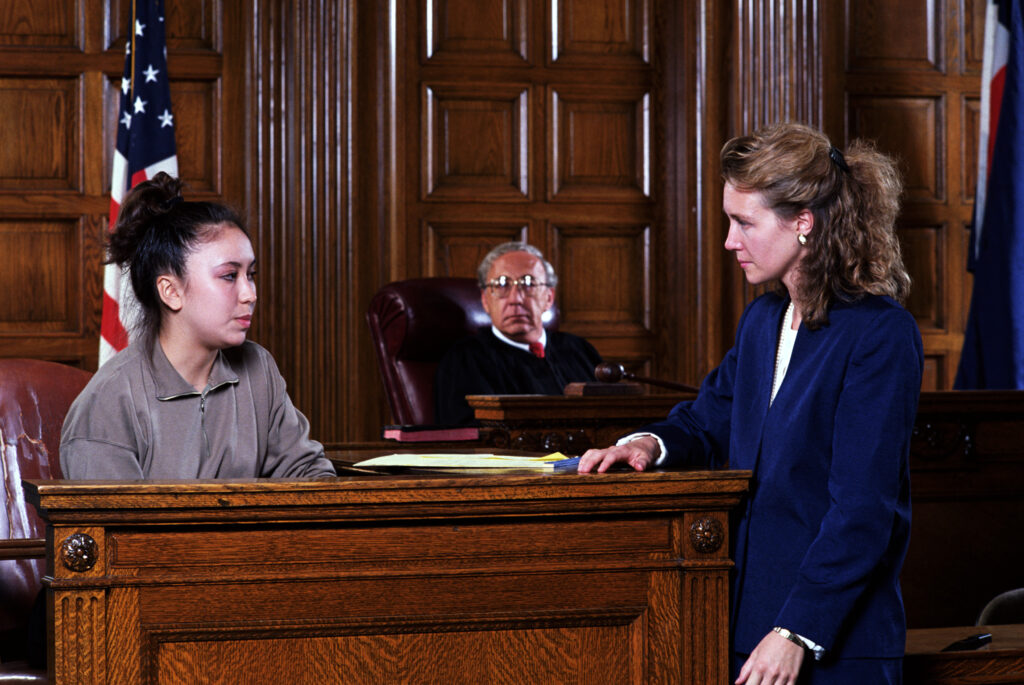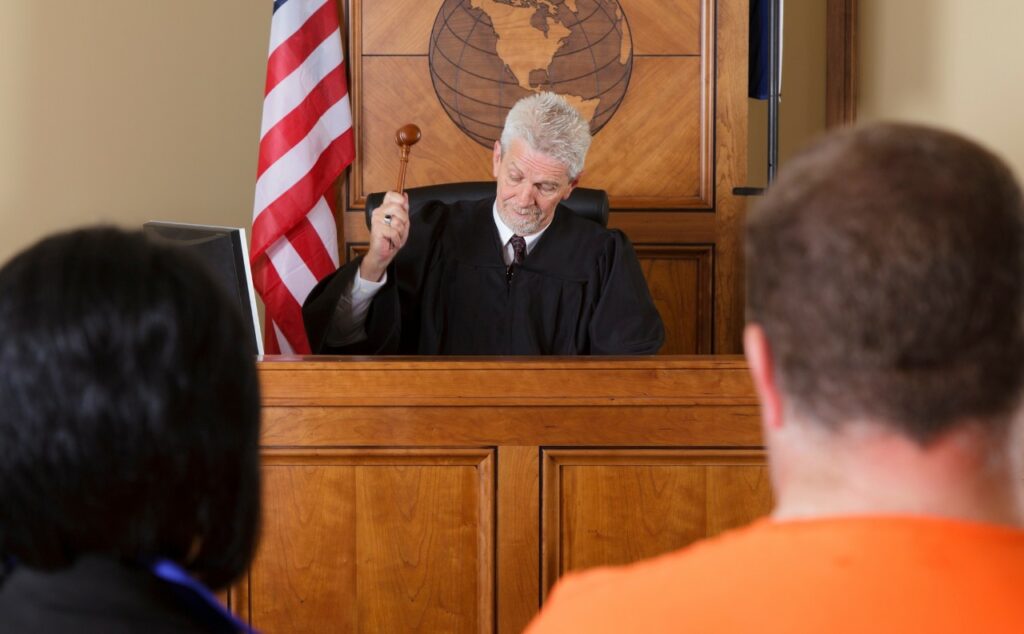You find yourself charged with a criminal offense. What can you do? First of all, stay calm. This is not the time to get emotional and possibly put yourself in a worse situation. Then, call an attorney. After you have an attorney and have dealt with the initial matters, such as arraignment and bail, it is time to build your defense. Although your attorney is the expert in this matter, having an understanding of how to build a good defense can help you help your attorney to create the best possible scenario for your situation.

What is a Criminal Defense Strategy?
The criminal defense strategy you and your attorney will put together will determine whether you can negotiate a plea bargain or go to trial. It may be based on an alias for the crime’s time and place. Or perhaps the strategy will be to paint you in the best light possible and earn sympathy from the jury. A good defense strategy can help you obtain a lesser charge, lenient sentence, or even a not guilty finding.
A good defense strategy takes into consideration the witnesses that are being called by the prosecutor as well as your own witnesses. It takes into account the defendant’s version of events versus the story the prosecutor is going to tell. Criminal defense strategies evaluate details that could seem unimportant but could turn the tide of a case.

Are There Different Types of Defense Strategies?
Indeed, there are several common types of defense strategies. Whether the strategy pokes holes in the prosecution’s case, finds violations of your rights, or focuses on another avenue, there are many different ways a criminal defense attorney can look at a case for possible strategies.
- Constitutional Rights Violation
- Duress of Coercion
- Innocence
- Alibi
- Withdrawal
- Necessity
- Defense
- Self-Defense
- Defense-of-Others
- Defense-of-Property
- Statute of Limitations
- Intoxication
- Voluntary
- Involuntary
- Mistake
- Of Law
- Of Fact
- Insanity

Next Steps: Building Your Case
Keeping these strategies in mind, you and your attorney will craft your story in a way that clearly explains the events from your perspective. If it is possible, building sympathy with a jury will likely cause them to reconsider finding you guilty. Collecting evidence is another important aspect of building your defense. You and your attorney will work together to develop a list of witnesses and important evidence. Your attorney will also work to collect discovery from the prosecutor, which will help you understand the tack they are taking with the case as well.
Of great significance, and the reason you need a good criminal defense attorney is the ability to know and understand the law. Fully understanding the law, in any area, can be difficult as it is nuanced and subtle. For example, a good attorney knows when to argue the finer points of a case rather than the entire case. Perhaps you are guilty, but a good attorney knows how to find the details that could mean a lesser sentence or even a mistrial.
Whether you’re guilty of the charged offense or only partially guilty, a good defense strategy could mean winning the case without ever going to trial – by reaching a plea deal. But, you and your attorney need to work together to build a strategy that is going to result in the best possible outcome for you. It can be done. Getting charged with a crime doesn’t have to mean you’re going to prison. Remember, the prosecutor must prove that you are guilty beyond a reasonable doubt, which can be a tough burden of proof, especially in light of a good defense strategy.









